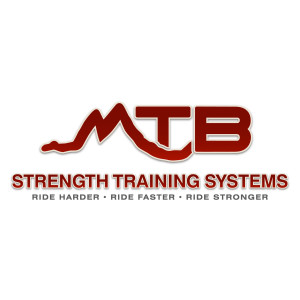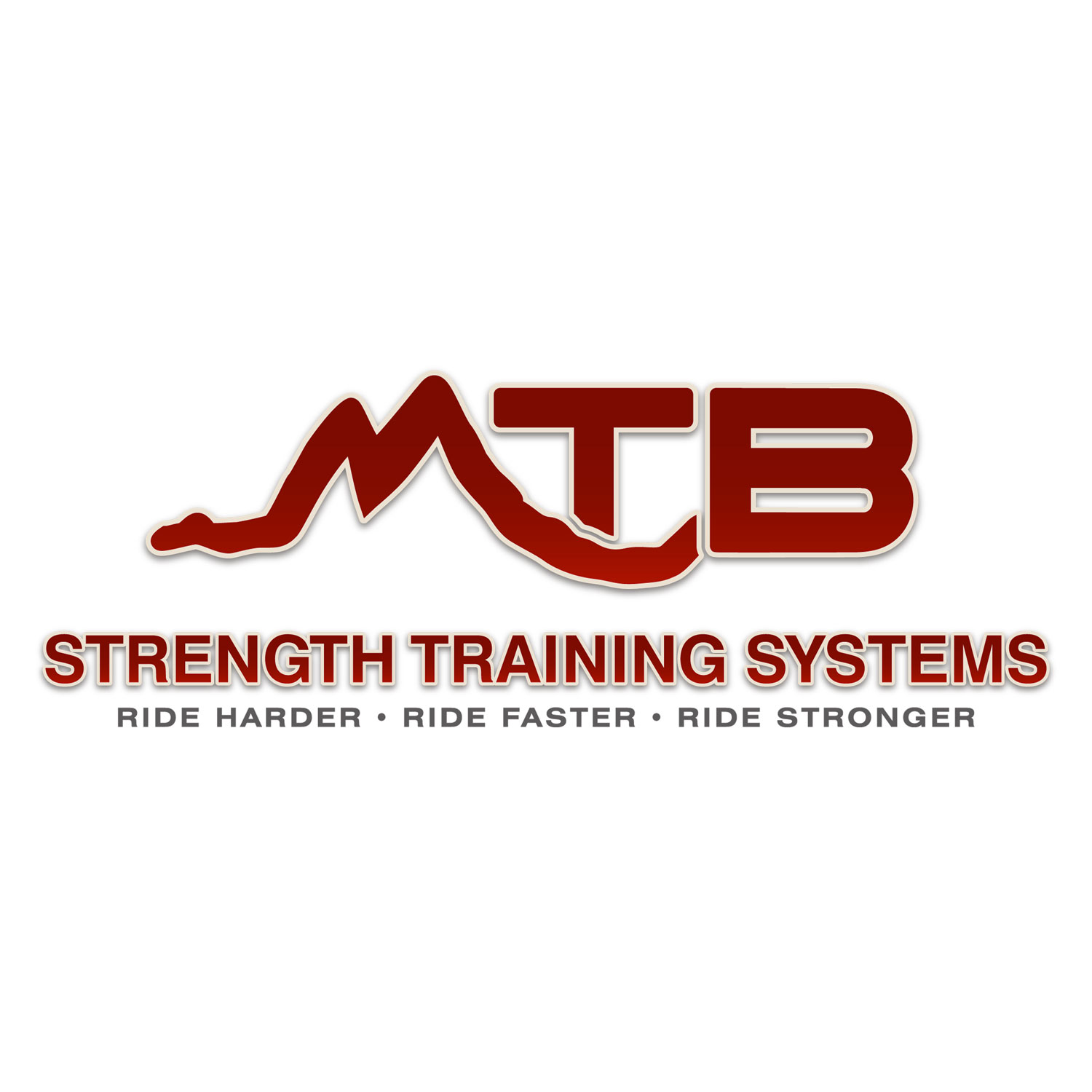Episodes

Thursday Jan 12, 2023
What is “off season training” if you can ride year round?
Thursday Jan 12, 2023
Thursday Jan 12, 2023
For a lot of riders an off season is forced on them by the local riding conditions. However, this definition of an off season gets really blurry when a rider lives somewhere that they can ride year round or they are able to get out in less-than-ideal weather (fatbikes, inclement weather riding gear).
Because they aren’t forced to stop or cut back on their riding, for these riders the term has to take on a different meaning if they want to get the benefits of an off season (and yes, there are benefits to it).
First, there are benefits to taking an off season. It is a chance to address weaknesses in your general conditioning that can hold back your overall riding performance.
For example, if you need to add strength or increase your mobility then that can be tough to do if you are riding as much as you can.
It also gives your body a break from the repetitive stress that riding places on it. It can also provide a mental break and refresh your enthusiasm for riding.
So how do you do this if you don’t have to take a break from riding?
I’d like to say up front that riding your bike is the best way to get better at riding your bike. There is a reason that riders from places that you can ride year round do well (Australians, New Zealanders, SoCal) and why people go there in the off season to train.
For riders like this I recommend that you don’t look at it as an off season as much as a change in your priorities.
During the riding season riding your bike is the priority. Everything you do is geared around riding as much as you can and feeling as good as you can while doing it.
This means that you don’t want to lift so heavy that it takes away from your ability to recover and ride. You also want to prioritize riding 3+ times a week, which will take away from the time you can spend on strength, conditioning and mobility work.
During the off season time you want to reverse these priorities.
This means that you want to make sure that you get your time in with strength, cardio and mobility work even if this means cutting back on how much you are able to ride. It also means that you will be fine with feeling sore and tired from your training sessions when you are able to ride.
For an example of how these differences might look, during the riding season you may ride 4 days a week and only strength train 1-2 days a week with little to no extra cardio conditioning (riding your bike counts as cardio).
During the off season you may ride 1-2 days a week while lifting 3 times a week and getting in 2 cardio training sessions.
During the riding season you may focus on strength training tactics that don’t leave you sore and tired like isometrics and low volume/ moderate intensity training.
During the off season you may focus more on more aggressive strength training tactics like 5-3-1 to build strength or high volume/ moderate intensity stuff to build some muscle.
During the riding season your cardio training is riding your bike.
During the off season you can focus on targeted conditioning strategies that will help fill in specific gaps or improve your foundation for bigger cardio gains when you ride more.
Mobility and recovery should be something you focus on all year round but you may spend more time on it during the off season to improve areas that you need like the hip hinge or the rotational hinge needed for cornering.
Having an off season is part of the bigger picture that it takes to become a better rider over the long term. While you may find that skipping out on the off season doesn’t seem to matter from one season to the next you will find that over the course of several seasons riders that skip it will not progress as much or as fast as riders who do.
Until next time…
Ride Strong,
James Wilson


No comments yet. Be the first to say something!